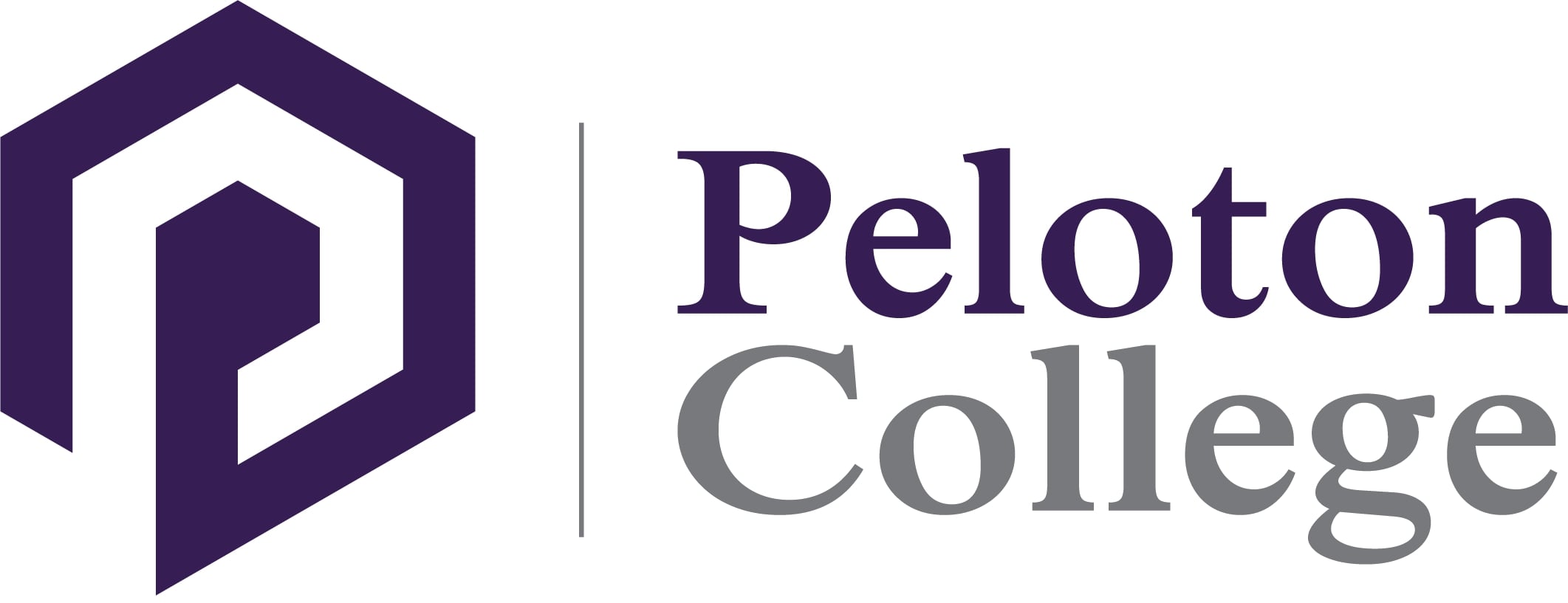When a dispute arises between a student and Peloton College, the schools’ Grievance Policy is the normal process a student must follow to seek resolution. In the rare instances where normal campus grievance procedures do not resolve the issue and legal proceedings are needed, Arbitration is the method Peloton College utilizes to resolve the dispute without going to court. Arbitration usually helps to limit legal costs and keep disputes confidential. Before arbitration can go forward, the parties must have agreed to arbitrate the dispute and that is why Peloton College requests students enter into an Arbitration Agreement with the school at the time of enrollment (before a dispute arises).
Basically, Arbitration is a hearing where each side can present their case before an appointed Arbitrator (an independent person who will judge the case). Both sides can have lawyer representation, may exchange relevant information, and can ask questions of witnesses. Arbitration Agreements specify the rules that will be followed for the arbitration, for example, in accordance with the American Arbitration Association (AAA) rules and will set who and how an arbitrator is chosen.
After the hearing, the Arbitrator will make a decision to resolve the dispute. Arbitrations are usually binding which means both parties must abide by the arbitrator’s decision and cannot seek further remedy through a court. This information is presented for your general understanding of the Arbitration Agreement with Peloton College. We encourage you to review the Arbitration Agreement and let us know if you have any questions or need further clarification.
Nothing in the Arbitration Agreement or the School’s grievance procedures shall limit at any time a student’s ability to file a
